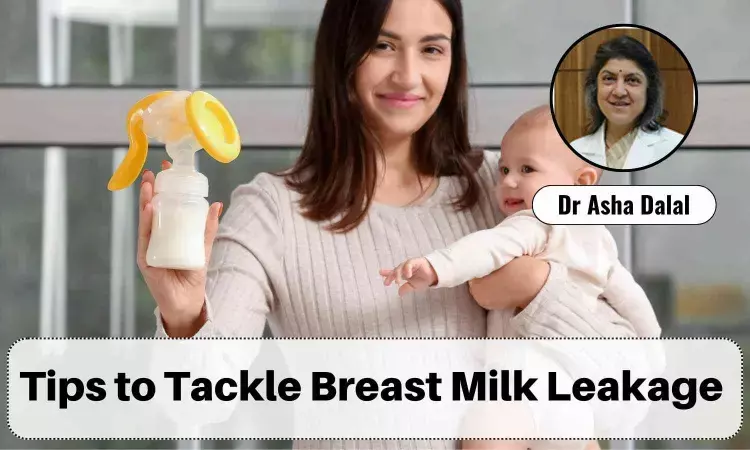- Home
- Medical news & Guidelines
- Anesthesiology
- Cardiology and CTVS
- Critical Care
- Dentistry
- Dermatology
- Diabetes and Endocrinology
- ENT
- Gastroenterology
- Medicine
- Nephrology
- Neurology
- Obstretics-Gynaecology
- Oncology
- Ophthalmology
- Orthopaedics
- Pediatrics-Neonatology
- Psychiatry
- Pulmonology
- Radiology
- Surgery
- Urology
- Laboratory Medicine
- Diet
- Nursing
- Paramedical
- Physiotherapy
- Health news
- Fact Check
- Bone Health Fact Check
- Brain Health Fact Check
- Cancer Related Fact Check
- Child Care Fact Check
- Dental and oral health fact check
- Diabetes and metabolic health fact check
- Diet and Nutrition Fact Check
- Eye and ENT Care Fact Check
- Fitness fact check
- Gut health fact check
- Heart health fact check
- Kidney health fact check
- Medical education fact check
- Men's health fact check
- Respiratory fact check
- Skin and hair care fact check
- Vaccine and Immunization fact check
- Women's health fact check
- AYUSH
- State News
- Andaman and Nicobar Islands
- Andhra Pradesh
- Arunachal Pradesh
- Assam
- Bihar
- Chandigarh
- Chattisgarh
- Dadra and Nagar Haveli
- Daman and Diu
- Delhi
- Goa
- Gujarat
- Haryana
- Himachal Pradesh
- Jammu & Kashmir
- Jharkhand
- Karnataka
- Kerala
- Ladakh
- Lakshadweep
- Madhya Pradesh
- Maharashtra
- Manipur
- Meghalaya
- Mizoram
- Nagaland
- Odisha
- Puducherry
- Punjab
- Rajasthan
- Sikkim
- Tamil Nadu
- Telangana
- Tripura
- Uttar Pradesh
- Uttrakhand
- West Bengal
- Medical Education
- Industry
Excessive Milk Dilemma: Tackling Breast Leakage with Expert Tips - Dr Asha Dalal

Breast leakage is a common problem of Breastfeeding that many mothers face. This leakage is usually due to excess milk production. This happens many times and often causes embarrassment and distress to the mother.
Whenever there is a greater supply of milk, the breasts get engorged. If they are not emptied properly, there is going to be leakage. It may be due to hormonal fluctuations, but it is more likely to be improper breast-feeding techniques or baby-feeding patterns, especially when there is a long gap of more than 3–4 hours between feeds.
Practical ways to tackle breast leakage
1. Use of Breast Pads
This will absorb the leakage that happens if the gap between feeds is long and prevent staining of clothes. Also, when the baby sucks at one breast and the other leaks, it will absorb that too. Disposable pads are easily available. You can also use reusable ones, or some clean cloth can also be used.
2. Proper Feeding
This will include a proper feeding position where latching is good, and the breast is emptied properly. Always feed at alternate breasts to prevent engorgement of any breast. The interval between feeds should not be too long. If engorgement is present, express a little milk first before putting the baby to the breast.
3. Prevent or Manage Engorgement
Whenever there is engorgement of the breast, leakage is more likely. Express milk and store it suitably. The expression can be manual or with a pump. Express milk if you are not going to be able to feed in a reasonable time for any reason.
If there is engorgement, a cold pack sometimes helps. Pumping and storing milk is also a good idea if the milk production is more than the baby's needs. Sometimes, stress can cause more milk production, and in that case, stress-reducing techniques will help.
If you find severe engorgement with pain, swelling, redness or any signs of infection, like mastitis or abscess, or there are some signs of nipple bites, sores or pain while feeding, do consult a lactation consultant.
Every mother wants the best for her little one, even when they have to return to work. Whether at home or the workplace, it makes continuing breastfeeding for a longer time if she can manage the issue of leaking breasts. It’s important to remember that this is a common problem with a solution.
Dr (Mrs) Asha R. Dalal MBBS, MD is a Mentor in the Department of Obstetrics & Gynaecology at Sir H. N. Reliance Foundation Hospital and Research Centre. Dr Asha has an experience of 33 years in the field of Obstetrics & Gynaecology. She is a Fellow of the Indian College of Obstetricians and Gynaecologists (FICOG), and a Member of the Academy of Medical Sciences (MAMS). She has several publications in National and International Journals and has been an Invited speaker at several local, State, National & International Conferences. Additionally, she has organized several International Endoscopy Workshops as well as conducted workshops in Basic Endoscopy, IUI & Colposcopy.


